
Robert Klassen
Conference Chair


12-14 August 2024, University of Oxford, UK.
The Department of Education at the University of Oxford is delighted to announce that we will be hosting the EARLI Special Interest Group 11 ‘Teaching and Teacher Education’ and Group 13 ‘Moral and Democratic Education’ conference, on the 12th to the 14th of August 2024 in the beautiful, historic city of Oxford, UK. As a department who has shaped education and education research globally through research excellence, academic study, and teacher training for more than 100 years we are perfectly placed to host this joint SIG.

The European Association for Research on Learning and Instruction and two of its special interest groups have collaborated this year to create an international conference. This joint conference of SIG 11 and SIG 13 will allow us to connect insights from Teaching and Teacher Education with perspectives from Moral and Democratic Education to approach the topic of diversity within classrooms and societies. It highlights the relevance of teachers for moral and democratic education and the importance of moral and democratic education for teachers’ professional development. By joining the two SIG communities, we aim to develop a unique and relevant perspective on the academic and practical implications of diversity.
We warmly welcome you to the EARLI SIG 11 & 13 conference in Oxford!
For any inquiries about the conference, please contact:
info_SIG11_13@education.ox.ac.uk
We will be taking photos to celebrate the conference. If you'd prefer not to be in a photo please email the conference organisers: info_SIG11_13@education.ox.ac.uk
PDF version conference programme
-
SIG SIG 11 - Teaching and Teacher Education
Domain Teaching and Teacher Education
Participants
SIG SIG 13 - Moral and Democratic Education
Domain Teaching and Teacher Education
Participants
SIG SIG 11 - Teaching and Teacher Education
Domain Teaching and Teacher Education
Participants
SIG SIG 11 - Teaching and Teacher Education
Domain Higher Education
Participants
-
-
Kirsi Tirri, University of Helsinki, Finland. The Moral Matters of Teaching: A Finnish Perspective
-
-
SIG SIG 11 - Teaching and Teacher Education
Domain Teaching and Teacher Education
Participants
SIG SIG 11 - Teaching and Teacher Education
Domain Teaching and Teacher Education
Participants
SIG SIG 11 - Teaching and Teacher Education
Domain Culture, Morality, Religion and Education
Participants
SIG SIG 11 - Teaching and Teacher Education
Domain Teaching and Teacher Education
Participants
SIG SIG 11 - Teaching and Teacher Education
Domain Teaching and Teacher Education
Participants
SIG SIG 11 - Teaching and Teacher Education
Domain Teaching and Teacher Education
Participants
SIG SIG 11 - Teaching and Teacher Education
Domain Teaching and Teacher Education
Participants
SIG SIG 11 - Teaching and Teacher Education
Domain Teaching and Teacher Education
Participants
SIG SIG 13 - Moral and Democratic Education
Domain Teaching and Teacher Education
Participants
SIG SIG 13 - Moral and Democratic Education
Domain Culture, Morality, Religion and Education
Participants
SIG SIG 13 - Moral and Democratic Education
Domain Teaching and Teacher Education
Participants
SIG SIG 13 - Moral and Democratic Education
Domain Motivational, Social and Affective Processes
Participants
SIG SIG 11 - Teaching and Teacher Education
Domain Teaching and Teacher Education
Participants
Domain Teaching and Teacher Education
Participants
SIG SIG 11 - Teaching and Teacher Education
Participants
SIG SIG 11 - Teaching and Teacher Education
Domain Teaching and Teacher Education
Participants
SIG SIG 11 - Teaching and Teacher Education
Domain Assessment and Evaluation
Participants
SIG SIG 11 - Teaching and Teacher Education
Domain Motivational, Social and Affective Processes
Participants
SIG SIG 11 - Teaching and Teacher Education
Domain Instructional Design
Participants
SIG SIG 13 - Moral and Democratic Education
Domain Culture, Morality, Religion and Education
Participants
SIG SIG 11 - Teaching and Teacher Education
Domain Teaching and Teacher Education
Participants
SIG SIG 11 - Teaching and Teacher Education
Domain Teaching and Teacher Education
Participants
SIG SIG 11 - Teaching and Teacher Education
Participants
Domain Teaching and Teacher Education
Participants
-
-
SIG SIG 11 - Teaching and Teacher Education
Domain Teaching and Teacher Education
Participants
SIG SIG 11 - Teaching and Teacher Education
Domain Teaching and Teacher Education
Participants
SIG SIG 11 - Teaching and Teacher Education
Domain Teaching and Teacher Education
Participants
SIG SIG 13 - Moral and Democratic Education
Domain Teaching and Teacher Education
Participants
SIG SIG 11 - Teaching and Teacher Education
Domain Educational Policy and Systems
Participants
SIG SIG 11 - Teaching and Teacher Education
Domain Teaching and Teacher Education
Participants
SIG SIG 11 - Teaching and Teacher Education
Domain Teaching and Teacher Education
Participants
SIG SIG 11 - Teaching and Teacher Education
Domain Teaching and Teacher Education
Participants
SIG SIG 11 - Teaching and Teacher Education
Domain Teaching and Teacher Education
Participants
SIG SIG 11 - Teaching and Teacher Education
Domain Teaching and Teacher Education
Participants
SIG SIG 11 - Teaching and Teacher Education
Domain Learning and Instructional Technology
Participants
SIG SIG 11 - Teaching and Teacher Education
Domain Teaching and Teacher Education
Participants
SIG SIG 11 - Teaching and Teacher Education
Domain Higher Education
Participants
SIG SIG 11 - Teaching and Teacher Education
Domain Teaching and Teacher Education
Participants
SIG SIG 11 - Teaching and Teacher Education
Domain Higher Education
Participants
SIG SIG 11 - Teaching and Teacher Education
Domain Teaching and Teacher Education
Participants
Participants
Participants
Participants
SIG SIG 14 - Learning and Professional Development
Domain Educational Policy and Systems
Participants
Participants
SIG SIG 13 - Moral and Democratic Education
Domain Culture, Morality, Religion and Education
Participants
-
-
SIG SIG 11 - Teaching and Teacher Education
Domain Teaching and Teacher Education
Participants
SIG SIG 11 - Teaching and Teacher Education
Domain Teaching and Teacher Education
Participants
SIG SIG 11 - Teaching and Teacher Education
Domain Teaching and Teacher Education
Participants
SIG SIG 11 - Teaching and Teacher Education
Domain Teaching and Teacher Education
Participants
SIG SIG 18 - Educational Effectiveness and Improvement
Domain Teaching and Teacher Education
Participants
SIG SIG 11 - Teaching and Teacher Education
Domain Teaching and Teacher Education
Participants
SIG SIG 11 - Teaching and Teacher Education
Domain Teaching and Teacher Education
Participants
SIG SIG 08 - Motivation and Emotion
Domain Motivational, Social and Affective Processes
Participants
SIG SIG 13 - Moral and Democratic Education
Domain Teaching and Teacher Education
Participants
SIG SIG 13 - Moral and Democratic Education
Domain Culture, Morality, Religion and Education
Participants
SIG SIG 11 - Teaching and Teacher Education
Domain Teaching and Teacher Education
Participants
SIG SIG 11 - Teaching and Teacher Education
Domain Teaching and Teacher Education
Participants
SIG SIG 11 - Teaching and Teacher Education
Domain Teaching and Teacher Education
Participants
Domain Teaching and Teacher Education
Participants
SIG SIG 11 - Teaching and Teacher Education
Domain Teaching and Teacher Education
Participants
SIG SIG 11 - Teaching and Teacher Education
Domain Teaching and Teacher Education
Participants
SIG SIG 11 - Teaching and Teacher Education
Participants
SIG SIG 11 - Teaching and Teacher Education
Domain Teaching and Teacher Education
Participants
SIG SIG 11 - Teaching and Teacher Education
Domain Teaching and Teacher Education
Participants
SIG SIG 11 - Teaching and Teacher Education
Domain Teaching and Teacher Education
Participants
SIG SIG 11 - Teaching and Teacher Education
Domain Teaching and Teacher Education
Participants
SIG SIG 11 - Teaching and Teacher Education
Domain Teaching and Teacher Education
Participants
-
-
SIG SIG 11 - Teaching and Teacher Education
Domain Assessment and Evaluation
Participants
SIG SIG 11 - Teaching and Teacher Education
Domain Motivational, Social and Affective Processes
Participants
SIG SIG 11 - Teaching and Teacher Education
Domain Teaching and Teacher Education
Participants
SIG SIG 11 - Teaching and Teacher Education
Domain Teaching and Teacher Education
Participants
SIG SIG 13 - Moral and Democratic Education
Domain Educational Policy and Systems
Participants
SIG SIG 13 - Moral and Democratic Education
Domain Culture, Morality, Religion and Education
Participants
SIG SIG 13 - Moral and Democratic Education
Domain Culture, Morality, Religion and Education
Participants
SIG SIG 13 - Moral and Democratic Education
Domain Learning and Social Interaction
Participants
SIG SIG 13 - Moral and Democratic Education
Domain Teaching and Teacher Education
Participants
SIG SIG 13 - Moral and Democratic Education
Domain Assessment and Evaluation
Participants
SIG SIG 13 - Moral and Democratic Education
Domain Culture, Morality, Religion and Education
Participants
SIG SIG 13 - Moral and Democratic Education
Domain Culture, Morality, Religion and Education
Participants
Participants
SIG SIG 13 - Moral and Democratic Education
Participants
SIG SIG 11 - Teaching and Teacher Education
Domain Teaching and Teacher Education
Participants
SIG SIG 11 - Teaching and Teacher Education
Domain Teaching and Teacher Education
Participants
SIG SIG 11 - Teaching and Teacher Education
Domain Teaching and Teacher Education
Participants
SIG SIG 14 - Learning and Professional Development
Domain Teaching and Teacher Education
Participants
SIG SIG 11 - Teaching and Teacher Education
Domain Teaching and Teacher Education
Participants
SIG SIG 11 - Teaching and Teacher Education
Domain Teaching and Teacher Education
Participants
SIG SIG 11 - Teaching and Teacher Education
Domain Teaching and Teacher Education
Participants
SIG SIG 11 - Teaching and Teacher Education
Domain Teaching and Teacher Education
Participants
-
SIG SIG 18 - Educational Effectiveness and Improvement
Domain Educational Policy and Systems
Participants
SIG SIG 01 - Assessment and Evaluation
Domain Learning and Instructional Technology
Participants
SIG SIG 11 - Teaching and Teacher Education
Domain Teaching and Teacher Education
Participants
SIG SIG 13 - Moral and Democratic Education
Domain Culture, Morality, Religion and Education
Participants
SIG SIG 11 - Teaching and Teacher Education
Domain Teaching and Teacher Education
Participants
SIG SIG 11 - Teaching and Teacher Education
Domain Teaching and Teacher Education
Participants
Domain Assessment and Evaluation
Participants
SIG SIG 11 - Teaching and Teacher Education
Domain Teaching and Teacher Education
Participants
SIG SIG 13 - Moral and Democratic Education
Domain Teaching and Teacher Education
Participants
SIG SIG 13 - Moral and Democratic Education
Domain Culture, Morality, Religion and Education
Participants
SIG SIG 11 - Teaching and Teacher Education
Domain Teaching and Teacher Education
Participants
SIG SIG 11 - Teaching and Teacher Education
Domain Teaching and Teacher Education
Participants
SIG SIG 11 - Teaching and Teacher Education
Domain Higher Education
Participants
SIG SIG 13 - Moral and Democratic Education
Domain Teaching and Teacher Education
Participants
SIG SIG 11 - Teaching and Teacher Education
Domain Teaching and Teacher Education
Participants
SIG SIG 13 - Moral and Democratic Education
Domain Teaching and Teacher Education
Participants
SIG SIG 11 - Teaching and Teacher Education
Domain Teaching and Teacher Education
Participants
SIG SIG 11 - Teaching and Teacher Education
Domain Motivational, Social and Affective Processes
Participants
SIG SIG 13 - Moral and Democratic Education
Domain Culture, Morality, Religion and Education
Participants
SIG SIG 11 - Teaching and Teacher Education
Domain Assessment and Evaluation
Participants
SIG SIG 13 - Moral and Democratic Education
Domain Instructional Design
Participants
SIG SIG 11 - Teaching and Teacher Education
Domain Teaching and Teacher Education
Participants
-
Abigail Branford, The University of Oxford, UK. Have we taught students to denounce democracy? What classroom narratives of development, authoritarianism and colonialism can tell us about weakening support for democracy among young people.
-
SIG SIG 13 - Moral and Democratic Education
Domain Culture, Morality, Religion and Education
Participants
SIG SIG 13 - Moral and Democratic Education
Domain Culture, Morality, Religion and Education
Participants
SIG SIG 13 - Moral and Democratic Education
Domain Culture, Morality, Religion and Education
Participants
SIG SIG 13 - Moral and Democratic Education
Domain Higher Education
Participants
SIG SIG 11 - Teaching and Teacher Education
Domain Motivational, Social and Affective Processes
Participants
SIG SIG 11 - Teaching and Teacher Education
Domain Teaching and Teacher Education
Participants
SIG SIG 11 - Teaching and Teacher Education
Domain Teaching and Teacher Education
Participants
SIG SIG 11 - Teaching and Teacher Education
Domain Teaching and Teacher Education
Participants
SIG SIG 11 - Teaching and Teacher Education
Domain Teaching and Teacher Education
Participants
SIG SIG 11 - Teaching and Teacher Education
Domain Teaching and Teacher Education
Participants
SIG SIG 11 - Teaching and Teacher Education
Domain Teaching and Teacher Education
Participants
SIG SIG 11 - Teaching and Teacher Education
Domain Teaching and Teacher Education
Participants
SIG SIG 11 - Teaching and Teacher Education
Domain Teaching and Teacher Education
Participants
SIG SIG 11 - Teaching and Teacher Education
Domain Teaching and Teacher Education
Participants
SIG SIG 11 - Teaching and Teacher Education
Domain Teaching and Teacher Education
Participants
SIG SIG 11 - Teaching and Teacher Education
Domain Teaching and Teacher Education
Participants
SIG SIG 11 - Teaching and Teacher Education
Domain Teaching and Teacher Education
Participants
SIG SIG 11 - Teaching and Teacher Education
Domain Teaching and Teacher Education
Participants
-
-
Lecture theatre: 16:30 - 18:10 Maslovaty session: Herman Josef Abs What can we learn from ICCS 2022 to improve civic education for the future? 16:30 - 16:50 SIG 13 meeting: 16:50 - 17:20 SIG 11 meeting: 17:20 - 18:10
-
SIG SIG 11 - Teaching and Teacher Education
Domain Teaching and Teacher Education
Participants
SIG SIG 15 - Special Educational Needs
Domain Learning and Special Education
Participants
SIG SIG 11 - Teaching and Teacher Education
Domain Teaching and Teacher Education
Participants
SIG SIG 11 - Teaching and Teacher Education
Domain Teaching and Teacher Education
Participants
SIG SIG 11 - Teaching and Teacher Education
Domain Motivational, Social and Affective Processes
Participants
SIG SIG 11 - Teaching and Teacher Education
Domain Educational Policy and Systems
Participants
SIG SIG 11 - Teaching and Teacher Education
Domain Teaching and Teacher Education
Participants
SIG SIG 13 - Moral and Democratic Education
Domain Culture, Morality, Religion and Education
Participants
SIG SIG 13 - Moral and Democratic Education
Domain Culture, Morality, Religion and Education
Participants
SIG SIG 13 - Moral and Democratic Education
Domain Teaching and Teacher Education
Participants
SIG SIG 13 - Moral and Democratic Education
Domain Culture, Morality, Religion and Education
Participants
SIG SIG 11 - Teaching and Teacher Education
Domain Teaching and Teacher Education
Participants
SIG SIG 11 - Teaching and Teacher Education
Domain Teaching and Teacher Education
Participants
SIG SIG 11 - Teaching and Teacher Education
Domain Teaching and Teacher Education
Participants
SIG SIG 13 - Moral and Democratic Education
Domain Teaching and Teacher Education
Participants
SIG SIG 11 - Teaching and Teacher Education
Domain Teaching and Teacher Education
Participants
SIG SIG 11 - Teaching and Teacher Education
Domain Teaching and Teacher Education
Participants
SIG SIG 11 - Teaching and Teacher Education
Domain Teaching and Teacher Education
Participants
SIG SIG 11 - Teaching and Teacher Education
Domain Teaching and Teacher Education
Participants
SIG SIG 11 - Teaching and Teacher Education
Domain Teaching and Teacher Education
Participants
SIG SIG 11 - Teaching and Teacher Education
Domain Teaching and Teacher Education
Participants
SIG SIG 11 - Teaching and Teacher Education
Domain Teaching and Teacher Education
Participants
-
-
Avi Kaplan, Temple University, Philadelphia, USA. Value Tensions in Teacher Practice: A Dynamic Systems Perspective on Developing Value-Oriented Teacher Identities
-
-
SIG SIG 11 - Teaching and Teacher Education
Domain Teaching and Teacher Education
Participants
SIG SIG 11 - Teaching and Teacher Education
Domain Teaching and Teacher Education
Participants
SIG SIG 11 - Teaching and Teacher Education
Domain Teaching and Teacher Education
Participants
SIG SIG 11 - Teaching and Teacher Education
Domain Teaching and Teacher Education
Participants
SIG SIG 11 - Teaching and Teacher Education
Domain Teaching and Teacher Education
Participants
SIG SIG 11 - Teaching and Teacher Education
Domain Teaching and Teacher Education
Participants
SIG SIG 11 - Teaching and Teacher Education
Domain Teaching and Teacher Education
Participants
SIG SIG 11 - Teaching and Teacher Education
Domain Learning and Social Interaction
Participants
SIG SIG 11 - Teaching and Teacher Education
Domain Teaching and Teacher Education
Participants
SIG SIG 11 - Teaching and Teacher Education
Domain Teaching and Teacher Education
Participants
SIG SIG 13 - Moral and Democratic Education
Domain Teaching and Teacher Education
Participants
SIG SIG 13 - Moral and Democratic Education
Domain Teaching and Teacher Education
Participants
SIG SIG 13 - Moral and Democratic Education
Domain Teaching and Teacher Education
Participants
Participants
SIG SIG 13 - Moral and Democratic Education
Domain Teaching and Teacher Education
Participants
SIG SIG 13 - Moral and Democratic Education
Domain Instructional Design
Participants
SIG SIG 13 - Moral and Democratic Education
Domain Culture, Morality, Religion and Education
Participants
-
-
SIG SIG 13 - Moral and Democratic Education
Domain Culture, Morality, Religion and Education
Participants
Participants
SIG SIG 13 - Moral and Democratic Education
Domain Culture, Morality, Religion and Education
Participants
SIG SIG 13 - Moral and Democratic Education
Participants
SIG SIG 11 - Teaching and Teacher Education
Domain Teaching and Teacher Education
Participants
SIG SIG 11 - Teaching and Teacher Education
Domain Teaching and Teacher Education
Participants
SIG SIG 11 - Teaching and Teacher Education
Domain Teaching and Teacher Education
Participants
SIG SIG 11 - Teaching and Teacher Education
Domain Teaching and Teacher Education
Participants
SIG SIG 13 - Moral and Democratic Education
Domain Teaching and Teacher Education
Participants
SIG SIG 13 - Moral and Democratic Education
Domain Educational Policy and Systems
Participants
SIG SIG 13 - Moral and Democratic Education
Participants
SIG SIG 11 - Teaching and Teacher Education
Domain Educational Policy and Systems
Participants
SIG SIG 11 - Teaching and Teacher Education
Domain Motivational, Social and Affective Processes
Participants
SIG SIG 11 - Teaching and Teacher Education
Domain Teaching and Teacher Education
Participants
SIG SIG 11 - Teaching and Teacher Education
Domain Teaching and Teacher Education
Participants
SIG SIG 11 - Teaching and Teacher Education
Domain Teaching and Teacher Education
Participants
SIG SIG 11 - Teaching and Teacher Education
Domain Teaching and Teacher Education
Participants
SIG SIG 11 - Teaching and Teacher Education
Domain Teaching and Teacher Education
Participants
Submission system opens
Registration opens
Submission deadline
Review decisions are announced
Deadline for Early Bird
Deadline for presenters
Deadline for final registration
EARLI SIG 11 & 13 Conference
Programme overview
Sunday, 11 August 2024 – JURE social event
Time |
Description |
19:00-21:00 |
Social event for JURE members, Bernard Sunley Room A, St. Catherine's College |
Monday, 12 August 2024 – Main conference
Time |
Description |
09:00 - 10:45 |
JURE roundtables |
09:00 - 16:00 |
Registration and information desk |
9:30 – 11:00 |
Coffee |
11:00 - 11:30 |
Conference opening - Lecture theatre, Riverside. |
11:30 - 12:30 |
Keynote: Kirsi Tirri - Lecture theatre, Riverside. |
12:30 - 13:30 |
Lunch |
13:30 - 15:00 |
Session 1 |
15:00 - 15:30 |
Coffee break |
15:30 - 17:00 |
Session 2 |
18:00 - 19:30 |
Welcome reception at The Museum of Natural History Words of welcome: 18:30 |
Tuesday, 13 August 2024 – Main conference
Time |
Description |
9:00 - 16:00 |
Information desk |
09:00 - 10:30 |
Session 3 |
10:30 - 11:00 |
Coffee break |
11:00 - 12:30 |
Session 4 |
12:30 - 14:00 |
Lunch (12:30) & Posters (13:15) - Atrium and dining hall |
14:00 - 14:50 |
JURE keynote - Lecture theatre, Riverside. |
14:50 - 16:20 |
Session 5 |
16:20 - 16:30 |
Coffee break |
16:30 - 16:50 |
Maslovaty session: Herman Josef Abs What can we learn from ICCS 2022 to improve civic education for the future? |
16:50 - 17:20 |
SIG 13 meeting - Lecture theatre, Riverside. |
17:20 - 18:10 |
SIG 11 meeting -Lecture theatre, Riverside. |
Wednesday, 14 August 2024 – Main conference
Time |
Description |
09:00 – 16:00 |
Information desk |
09:00 - 10:30 |
Session 6 |
10:30-11:00 |
Coffee break |
11:00-12:00 |
Keynote: Avi Kaplan, Lecture theatre, Riverside. |
12:00-13:00 |
Lunch |
13:00-14:30 |
Session 7 |
14:30-14:45 |
Coffee break |
14:45-16:15 |
Session 8 |





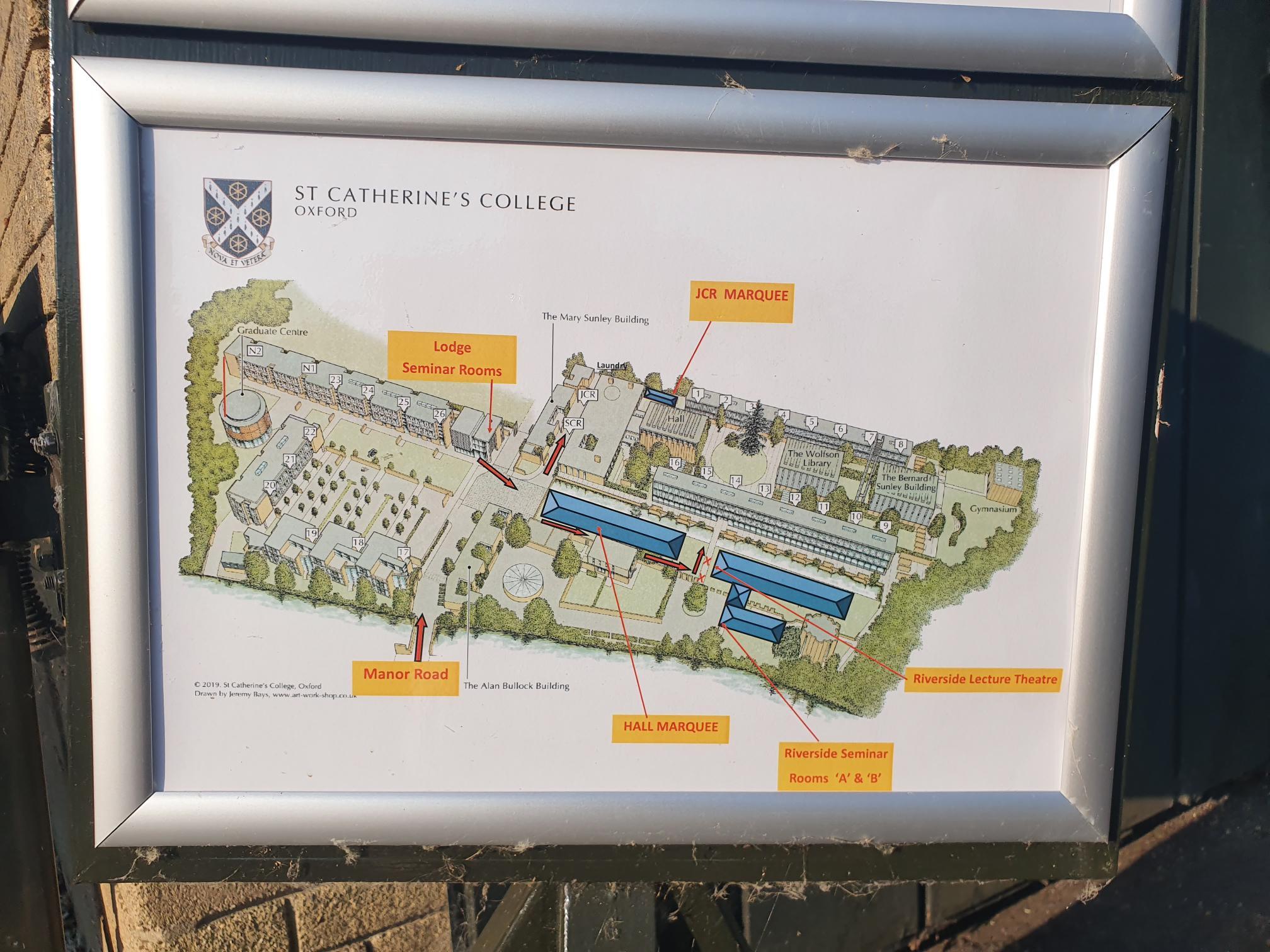

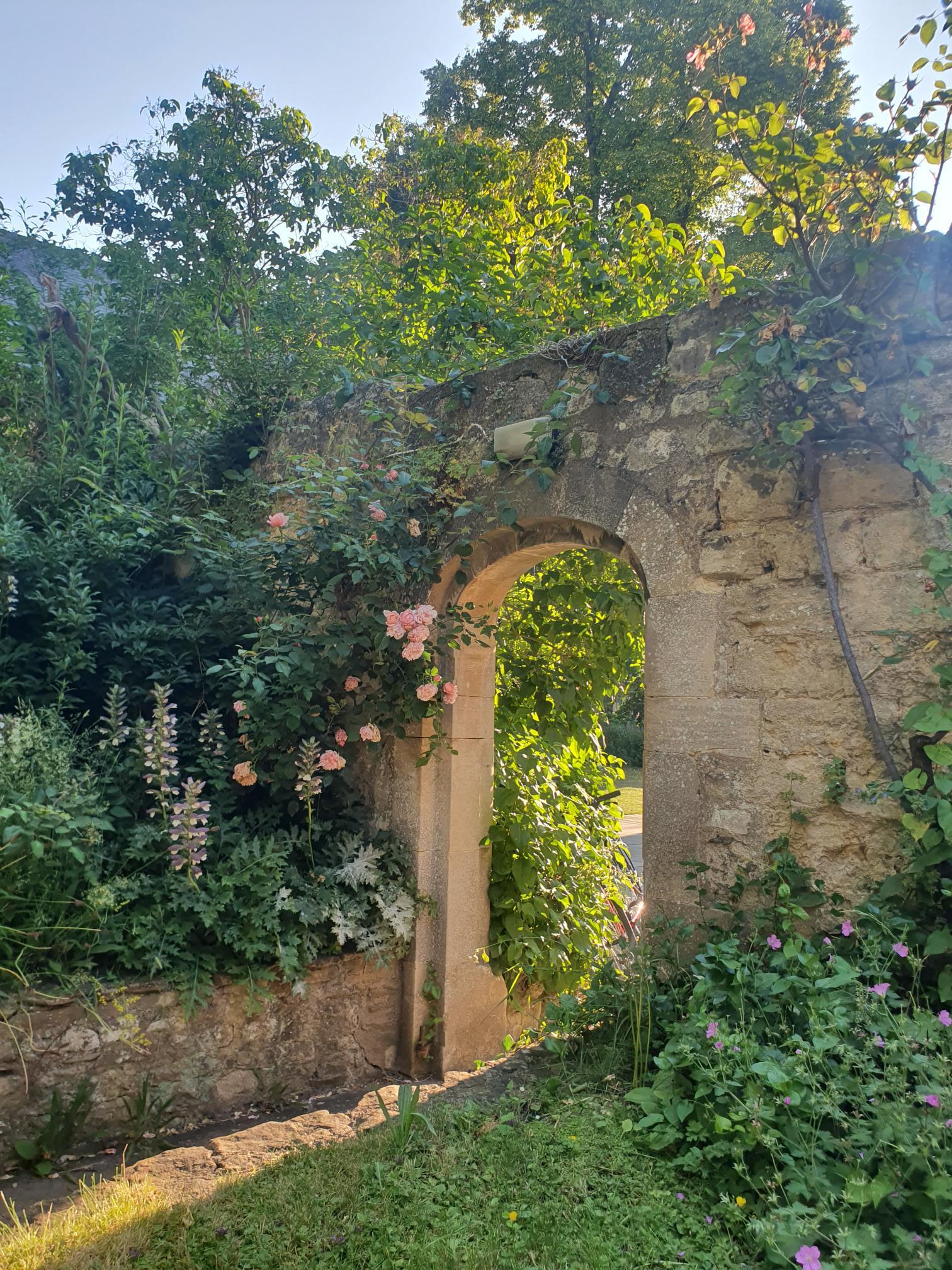
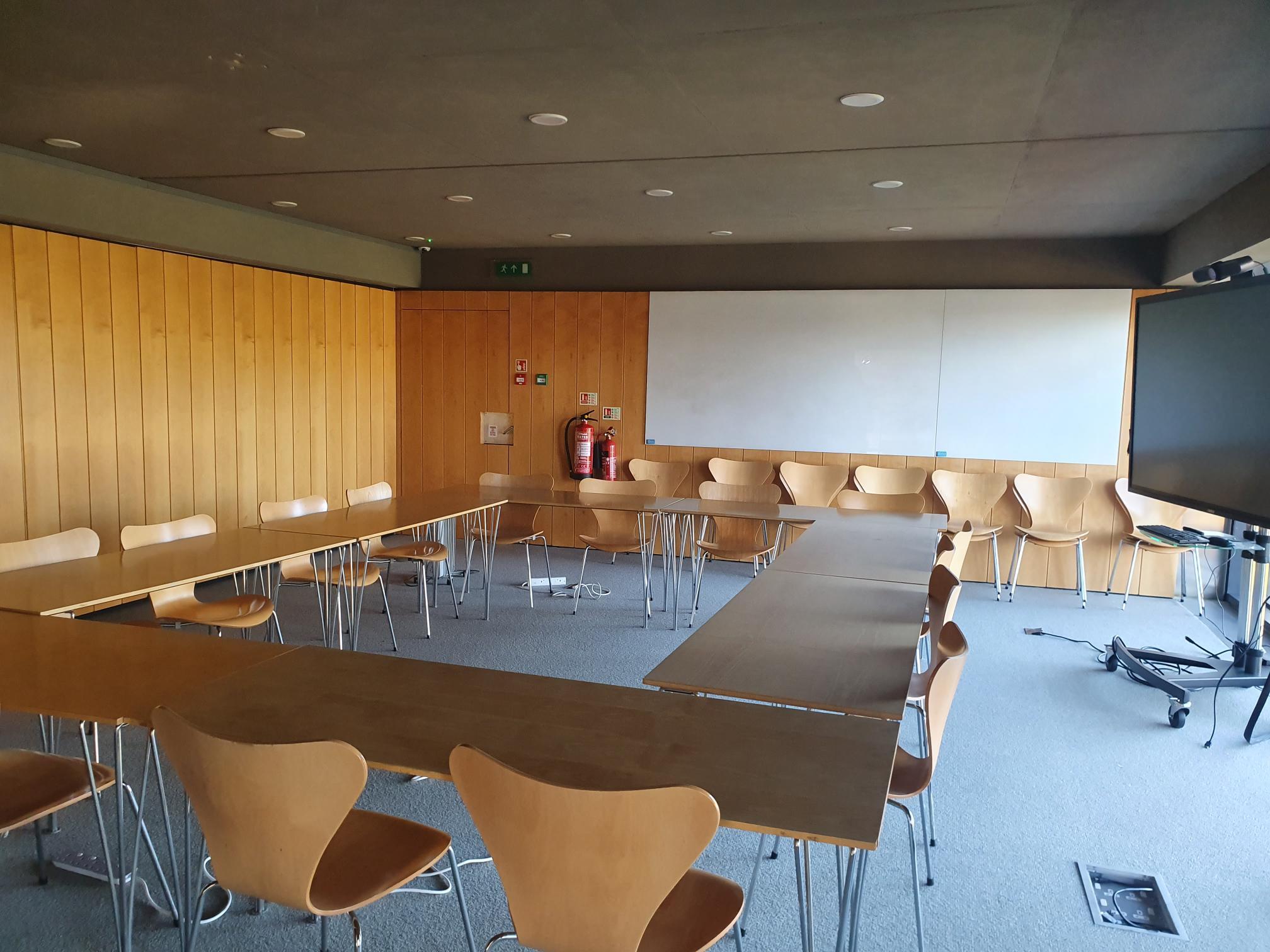



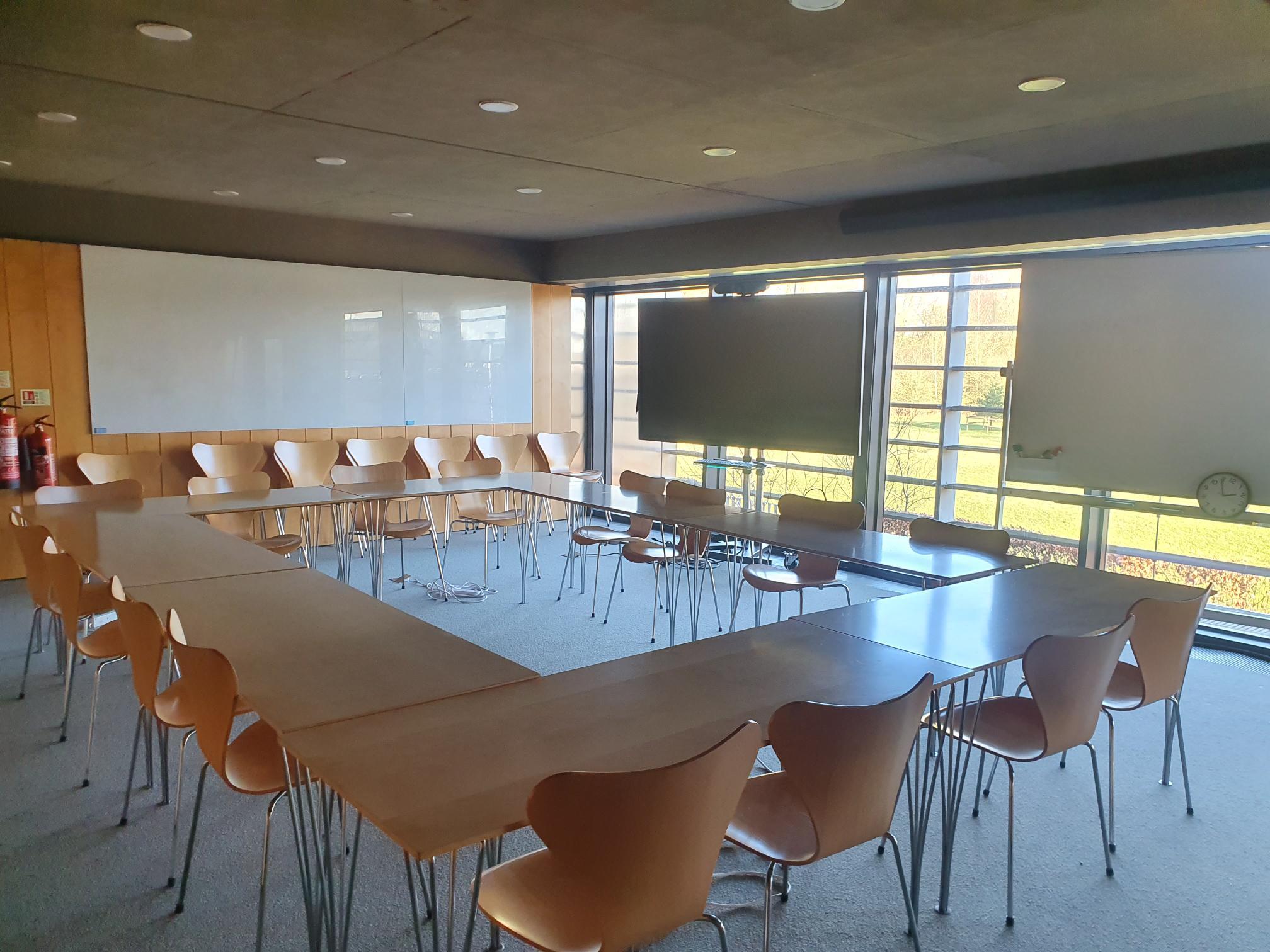

The theme of the conference is ‘Diversity within classrooms and societies: Perspectives on Teacher, Moral, and Democracy Education'. We welcome submissions which engage directly with the conference theme but also those that reach beyond it and focus on timely topics focusing teaching and teacher education and moral and democratic education. The conference accepts proposals for posters, paper presentations, roundtables, and symposia. All submissions should be anonymous to ensure a fair review process. Please do not include your name in your abstract. Please do not include your name or affiliation in your main text.
Each paper session will comprise four papers, which will be thematically grouped by the organizing committee. Each paper will be allocated 15 minutes for presentation and 5 minutes for short discussion following each paper. Besides empirical papers, theoretical papers are also welcome. In each room, in which paper sessions will take place, a computer, digital projector, and internet access will be provided.
Symposia will consist of three to four papers and a discussant. Each paper will be allocated 15 minutes for presentation, 10 minutes for discussant, and 20 minutes for open discussion (we are, however, open for innovative ideas – please contact us if you wish to organize your symposium in a different way). Symposia organizers have to nominate the discussant who is responsible for integrating the individual contributions. In each room, in which symposia will take place, a computer, digital projector, and internet access will be provided.
The posters will be thematically grouped by the organizing committee. We kindly ask the authors to be present in the poster session slot and to prepare a 2-3-minute presentation of their poster. A poster can show work in progress if no data is available yet. Posters should be printed in either A0 or A1 format. We also recommend preparing A4 handouts. Poster boards and materials for attaching the posters to the boards will be provided.
JURE roundtable sessions are scheduled for 90 minutes and consist of 3 to 5 thematically clustered submissions. Each presenter provides a 5-minute presentation, followed by time for questions, equally divided among the number of roundtables per session. Roundtables are submitted individually and then clustered thematically into roundtable session by the conference organizers. Presenters should prepare a handout that provides a helpful overview of their project. In each room, in which round table sessions will take place, a computer, digital projector, and internet access will be provided.
In accordance with EARLI policies, you may not present more than two proposals. In addition, you may act once as the chair of a symposium and once as discussant, for a total of four appearances. You may participate as a non-presenting co-author as many times as you like.
The conference program will avoid timetable conflicts for presenting authors, chairpersons, and discussants but not for co-authors.
Proposals can only be submitted through the
conference website. Submissions via email will not be processed.
We require experts for the review process and encourage participants to sign up for this purpose in the submission process!
EARLI SIG 11 & 13 are committed to providing the best possible circumstances for participants to positively and safely share their research and exchange their ideas. We value and respect all people. Each participant has the right to equal, non-discriminating and respectful treatment, regardless of their age, origin or nationality, language, religion, beliefs, culture, opinions, political activity, trade union membership, family relations, health, disability or functional capacity, sexual orientation, gender, gender identity, gender expression, or other factor related to their person.
The EARLI SIG 11 & 13 will not tolerate vilification, abuse, or harassment in any form. Anyone asked to stop unacceptable behaviour is expected to comply immediately. Harassment includes offensive verbal comments related to race, ethnicity, gender, sexual orientation, disability, physical appearance, religion, sexual images in public spaces, deliberate intimidation, stalking, following, inappropriate physical contact, and unwelcome sexual attention.
We expect all participants to follow this Code of Conduct during the EARLI SIG 11 & 13 conference. We are aware that cultural or any other differences may cause misunderstandings, but we do expect all participants to be both polite and proactive, and to ensure a pleasant conference experience for everyone.
If a participant engages in behaviour that places any conference participant at risk, the conference organisers may take any action they deem appropriate, including, but not limited to, warning the offender or expelling them from the conference without previous notice and with immediate effect. If this occurs, the participant is not entitled to any refund and/or any compensation. Participants asked to stop any such behaviour are expected to comply immediately. EARLI SIG 11 & 13 conference and University of Oxford complies with valid national and international laws, as well as the regulations, guidelines and agreements that apply to our operations.
In the unpleasant situation you feel unsafe or harassed, notice that someone else is being harassed, or have any other concerns, contact our Safe Conference Care Team by email: info_SIG11_13@education.ox.ac.uk
The health and safety of everyone who attends EARLI SIG 11 & 13 2024 is our top priority, and the conference will be held in a safe and clean environment. We are carefully tracking all the latest health and safety regulations, guidelines, and recommendations. The general emergency number in UK is 999. When in a life-threatening situation, react quickly and immediately call the emergency number 999. You can call this number if you need an ambulance or police or help in case of a fire, traffic accident or other accident (for non-emergencies you can call 111). For on campus security issues, you can also contact Security Services at 01865 289999, available 24/7.
Thank you for contributing to a safe EARLI SIG 11 & 13 2024 conference!

Conference Chair

JURE Coordinator

Academic programme, finance, and events
Doctoral student officer

Doctoral student officer
Advisor
Advisor
Oxford has a wide range of hotels, self-catering accommodations, and homestays. However, if you wish to stay at St Catherine's college (the conference venue), we have secured 250 en-suite rooms at £124.55 per night, including breakfast. These are available from the Sunday 11th August to the 14th August: https://www.universityrooms.com/en-GB/eventcode?ec=DEPEDU&vid=stcatherines
The conference will be organised in partnership with The Department of Education and held at St. Catherine's college. Our welcome reception will be held at the Museum of Natural History in Oxford.
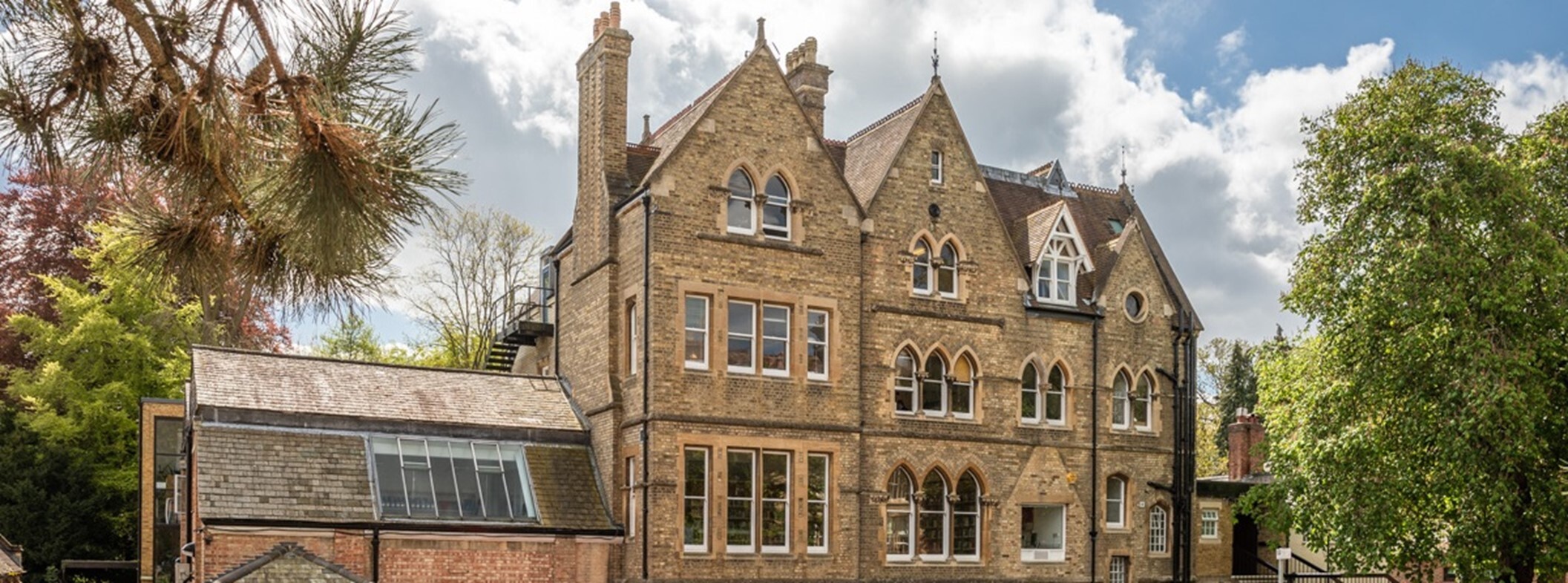
The Department of Education has a world-class reputation for research, for teacher education, and for its Masters’ and doctoral programmes, and is a world-leader in cross-disciplinary education research that is closely connected with policy and practice.
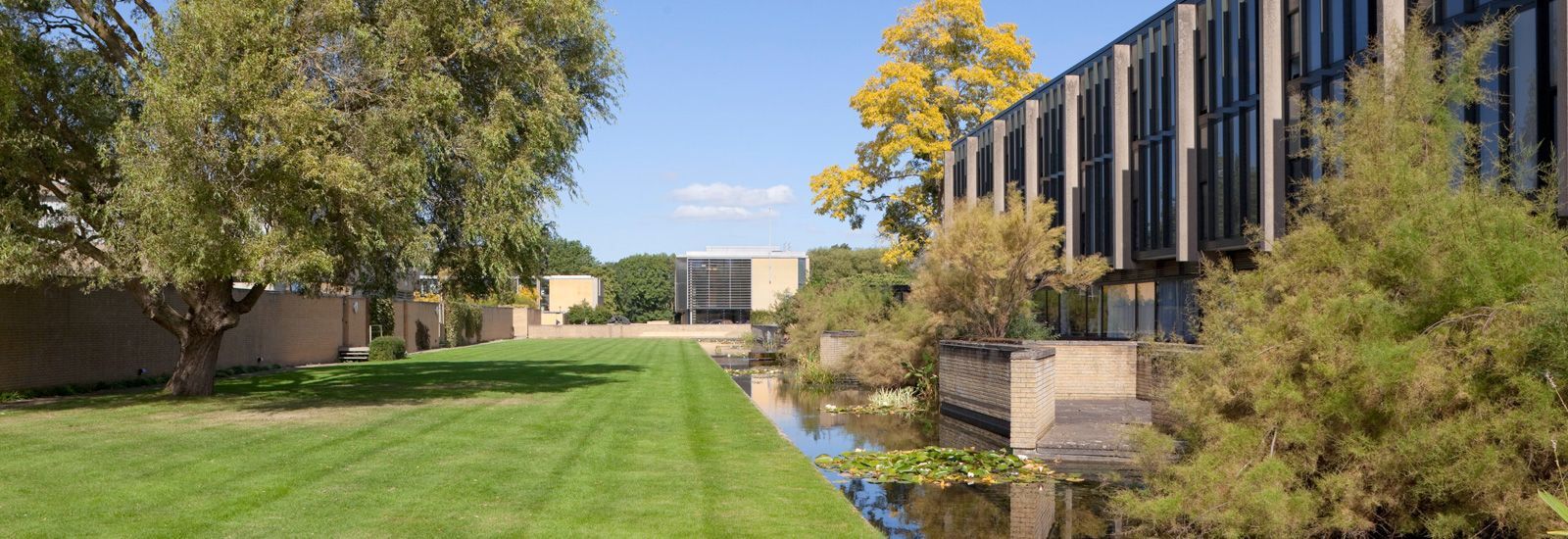
St Catherine’s College is the largest college within Oxford University and teaches both undergraduate and graduate students. St Catz, as it is affectionately known, will be the main host for this conference. Our paper sessions, roundtables, symposia will be held here along with some of our networking and social events. Accommodation will also be available in the college.
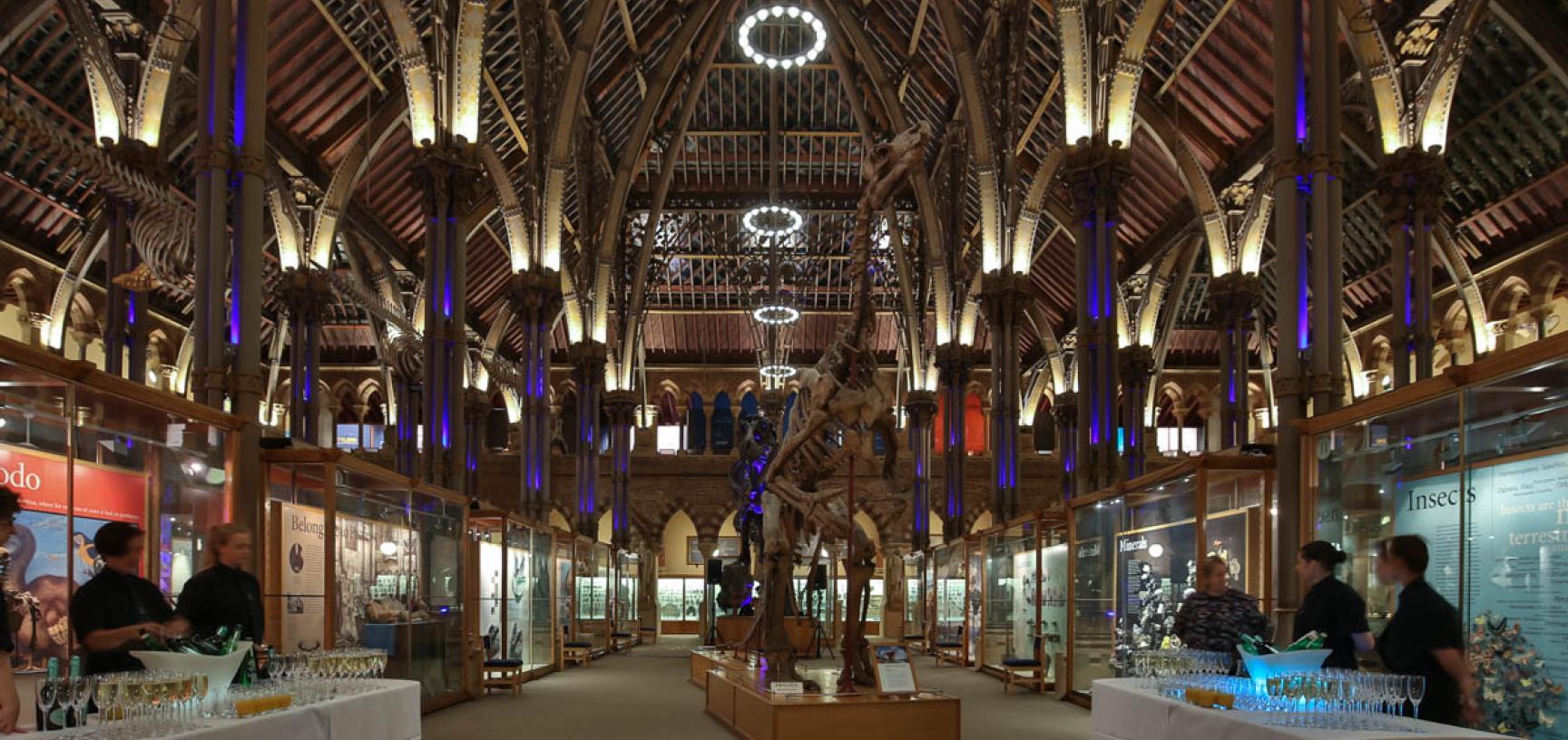
We are very excited to be hosting our welcome reception at The Natural History Museum. This is a stunning Victorian neo-Gothic space at the heart of the Museum, built in 1860 and in use as a museum ever since. The world-class natural history collection, and Pre-Raphaelite era stonework and decoration are available for guests to view.

Oxford is a beautiful city of stunning architecture, history, and culture. You'll find ancient and modern colleges, fascinating museums and galleries, and plenty of parks, gardens and green spaces in which to relax. Plus, the city centre is small enough to cover on foot, and only a few minutes’ walk from the main rail and coach stations.
The University of Oxford is made up of many different buildings, including academic departments, colleges and halls, located around the centre of Oxford. Many University buildings, such as gardens, libraries and museums, as well as many of the colleges, are open to visitors during the day, although please note that they may have varying opening hours, fees and rules for groups.
You can find more information, including opening times and fees, at the links below:
For more information visit the University website.
Oxford is not a campus university, so once you're here you can use our interactive, searchable map of Oxford's colleges, halls, departments, libraries and museums to find your way around or download our interactive and accessible Explore Oxford University Map 2022. You can also use Google Maps to find your way around Oxford on foot or using public transport.
From London Heathrow and Gatwick airports, take The Airline coach service, which runs 24 hours a day. You can also get to Oxford by train from Heathrow via London, and from Gatwick via Reading.
From London Stansted airport, take the Stansted Express train service to London Liverpool Street and then take the tube to either Paddington or Marylebone for direct trains to Oxford. Alternatively there is a National Express 737 coach service.
Direct services run from London Paddington (serving Oxford station) and London Marylebone (serving Oxford and Oxford Parkway stations). Other services operate from the north via Birmingham New Street; from the south via Reading; and from the west via Didcot or Reading.
For details and to plan your journey, see contact National Rail Enquiries.
Oxford Railway Station is a 5-10 minute walk from the centre of Oxford. Please use Google Maps or our interactive map to find your way from the station to the part of the University you are visiting.
The Oxford Tube offers a direct service between Oxford and London, running a frequent timetable on a virtually 24-hour basis, Monday to Sunday.
For information on coaches from other major cities and airports, contact National Express.
The central coach station is at Gloucester Green in the city centre. Please use Google Maps or our interactive map to find your way from the station to the part of the University you are visiting.
Many Oxford streets are closed to traffic and parking is severely limited. Visitors are encouraged to use the five Park and Ride bus services.
Please refer to Oxfordshire County Council's up-to-date traffic information for details of all local road works and any disruptions likely to delay your journey.
There are five Park and Ride sites which serve Oxford City Centre.
Oxford Parkway (north). For satnav use OX2 8HA. Take the Stagecoach 7 bus to and from the city centre.
Pear Tree (north). For satnav use OX2 8JZ. Take the 300 bus to and from the city centre.
Redbridge (south). For satnav use OX1 4XG. Take the 300 bus to and from the city centre.
Thornhill (east). For satnav use OX3 8DP. Take the 400 bus to and from the city centre.
Seacourt (west). For satnav use OX2 0HP. Take the 400 bus to and from the city centre.
Please note that Thornhill and Seacourt are often full, particularly on University Open Days. We recommend that drivers coming from the east (including London), the south and the west use the Redbridge Park and Ride, while drivers arriving from the north can choose between Pear Tree and Oxford Parkway.
The Oxford Bus Company has information on Park and Ride services 300 and 400. The latest timetable for Stagecoach 7 is available here.
Oxford City Council has further information on Park and Ride sites.
Parking in Oxford city centre is limited and can be expensive. For information on car parks, on-street parking and costs of parking, see Oxfordshire County Council's website.
For information on parking in Oxford for people with disabilities, please see Oxford City Council's Blue Badge scheme.
There are taxi ranks at Oxford Railway Station, Gloucester Green Coach Station and St Giles' in the city centre.
Oxford has a wide range of hotels, self-catering accommodations, and homestays.
However, if you wish to stay at St Catherine's college (the conference venue), we have secured 250 en-suite rooms at £124.55 per night, including breakfast.
These are available from the Sunday 11th August to the 14th August. Click here for information and to book.


To register click here
The conference fee includes registration, coffee breaks, lunch and the evening reception on Monday.
Early bird (deadline 15th June)
EARLI member: £225
Non-member: £250
JURE member: £125
Non-JURE (PhD) student: £150
Late registration
EARLI member: £250
Non-member: £275
JURE member: £150
Non-JURE (PhD) student: £175
EARLI Membership
Check the website https://www.earli.org/join for more information on EARLI membership benefits.
Invitation letter for visa purposes
If you require a letter of invitation for your visa application please email info_sig11_13@education.ox.ac.uk and put "invitation letter" in the subject.
Cancellation policy
Conference registration fee: In case of cancellation before July 1st, 2024 (time zone: GMT 23.59) an administration fee of 40% will be charged (meaning that 60% will be refunded). From July 1st, 2024 no refunds will be made. A cancellation has to be done by e-mail to: info_SIG11_13@education.ox.ac.uk
Warning of a scam from travellerpoint and Royal Visit Please be very careful if you received emails from travellerpoint(dot)net and sales_at_royal-visit(dot)com. The email asks about arrival and departure dates to Oxford and offers a hotel booking form where they ask for credit card details. Please ignore the emails. Do not reply nor click on any link given by them. They are in no way affiliated; it is a scam.

University of Helsinki, Finland

Temple University, Philadelphia, USA
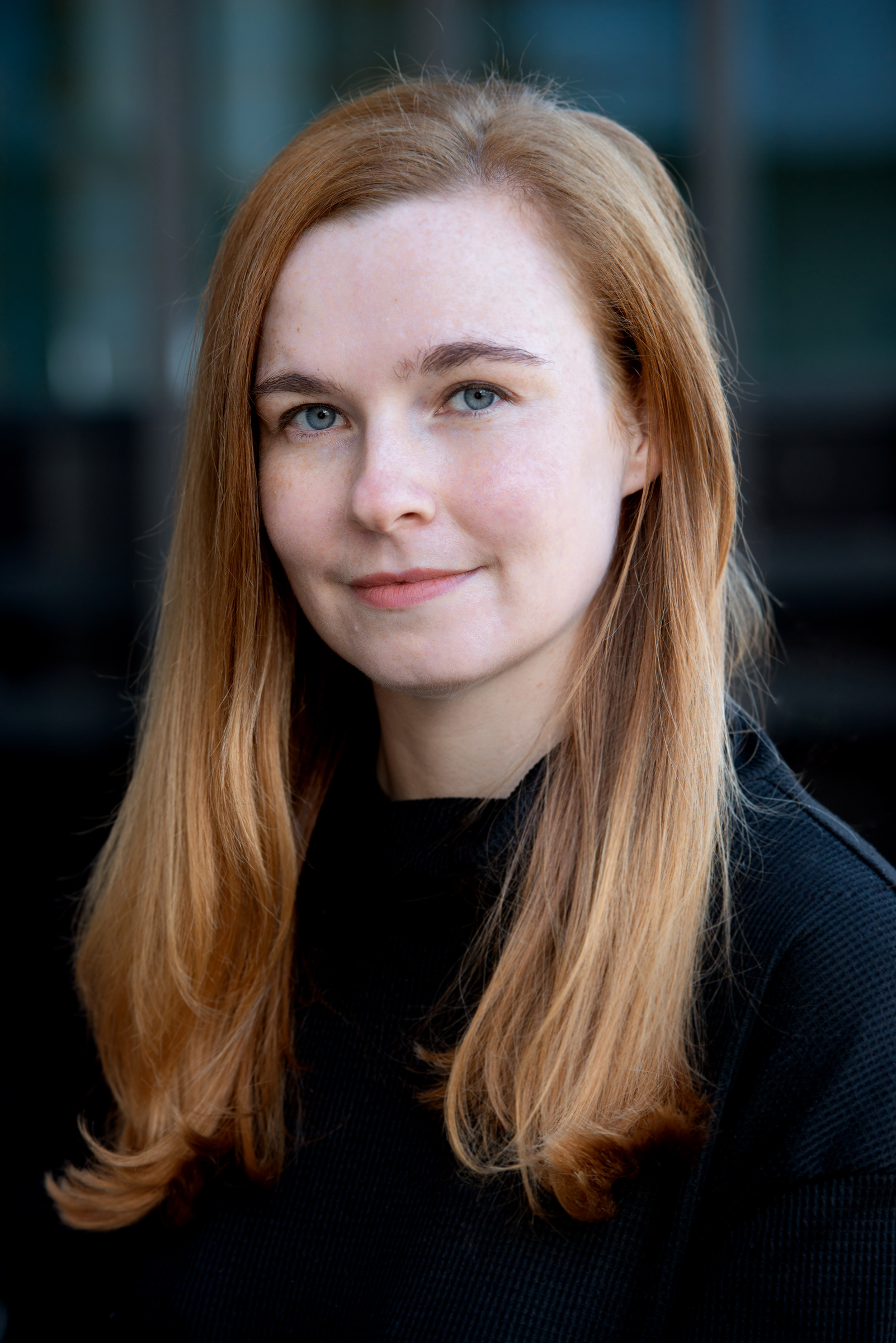
For any inquiries about the conference, please contact: info_SIG11_13@education.ox.ac.uk